
Safety
How to Inspect Your Propane Tank for Damage or Wear


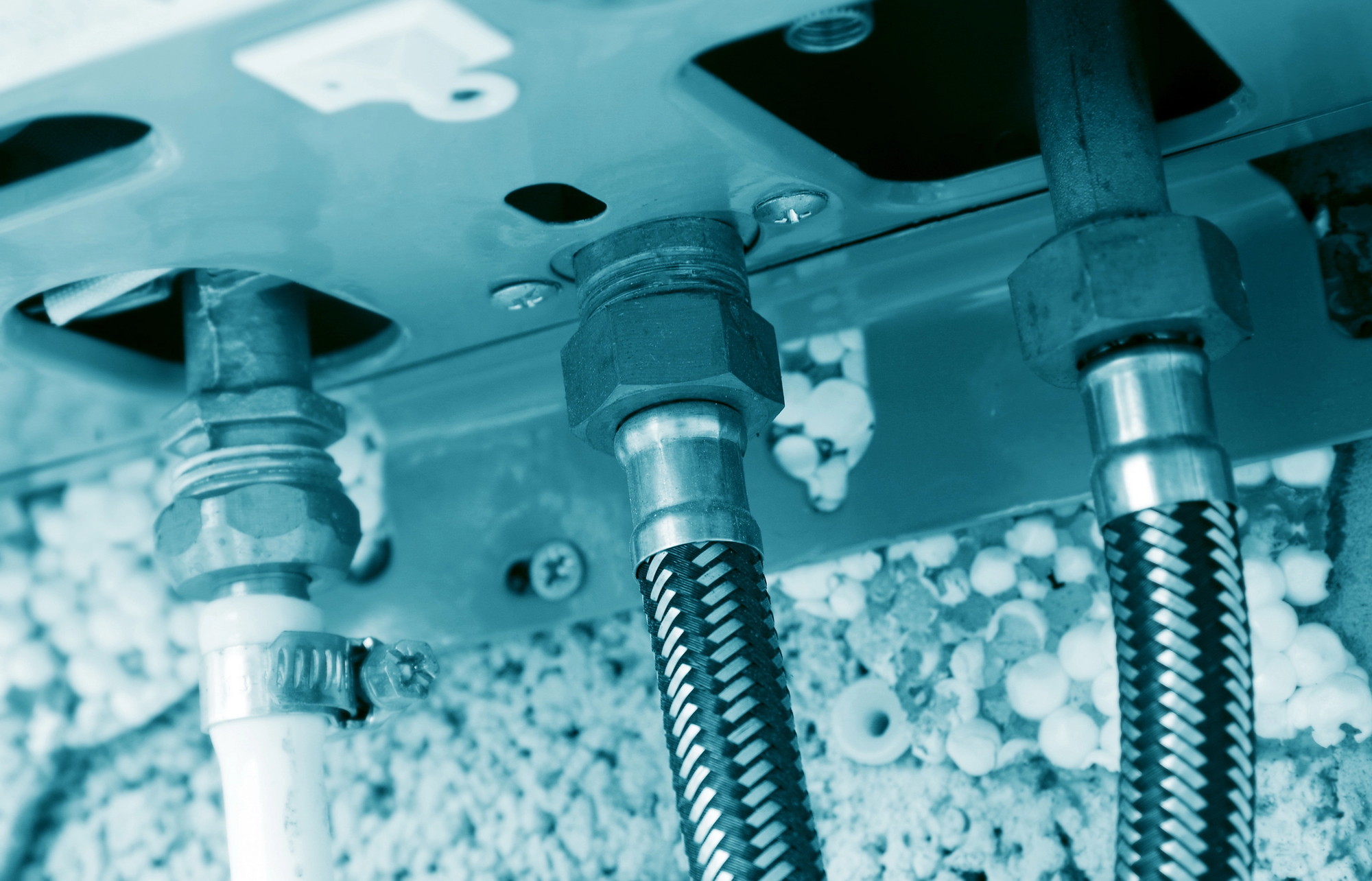


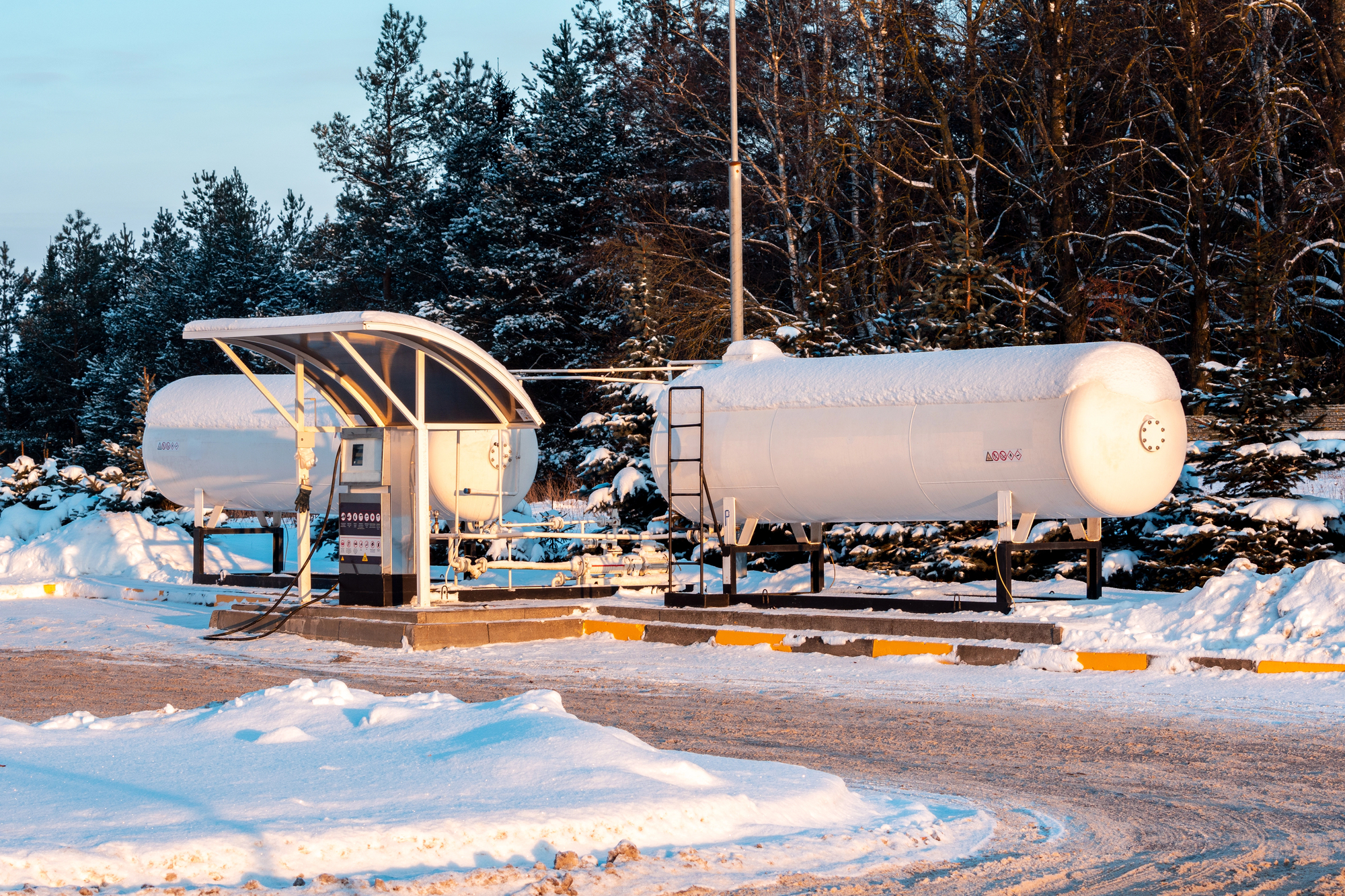


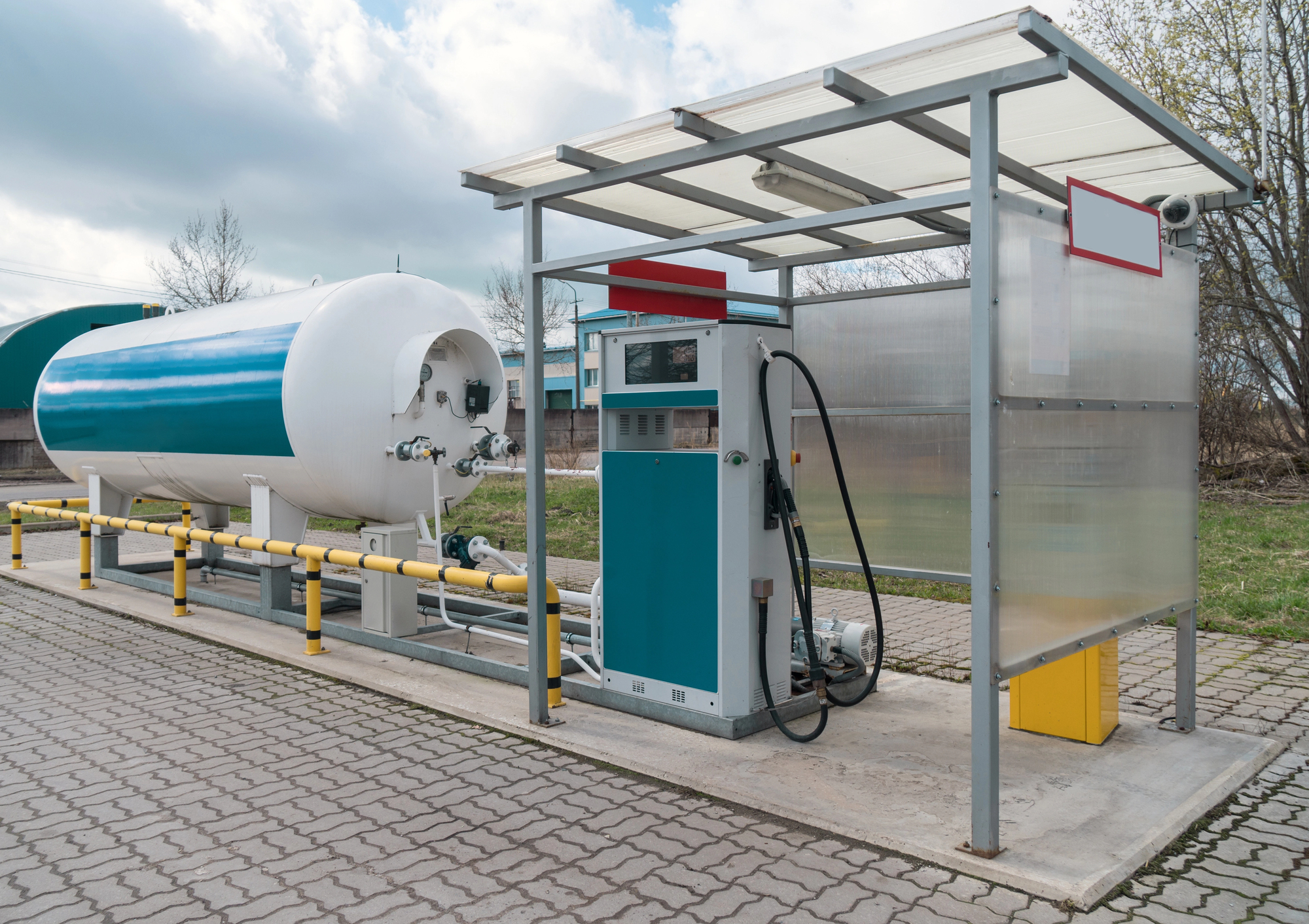
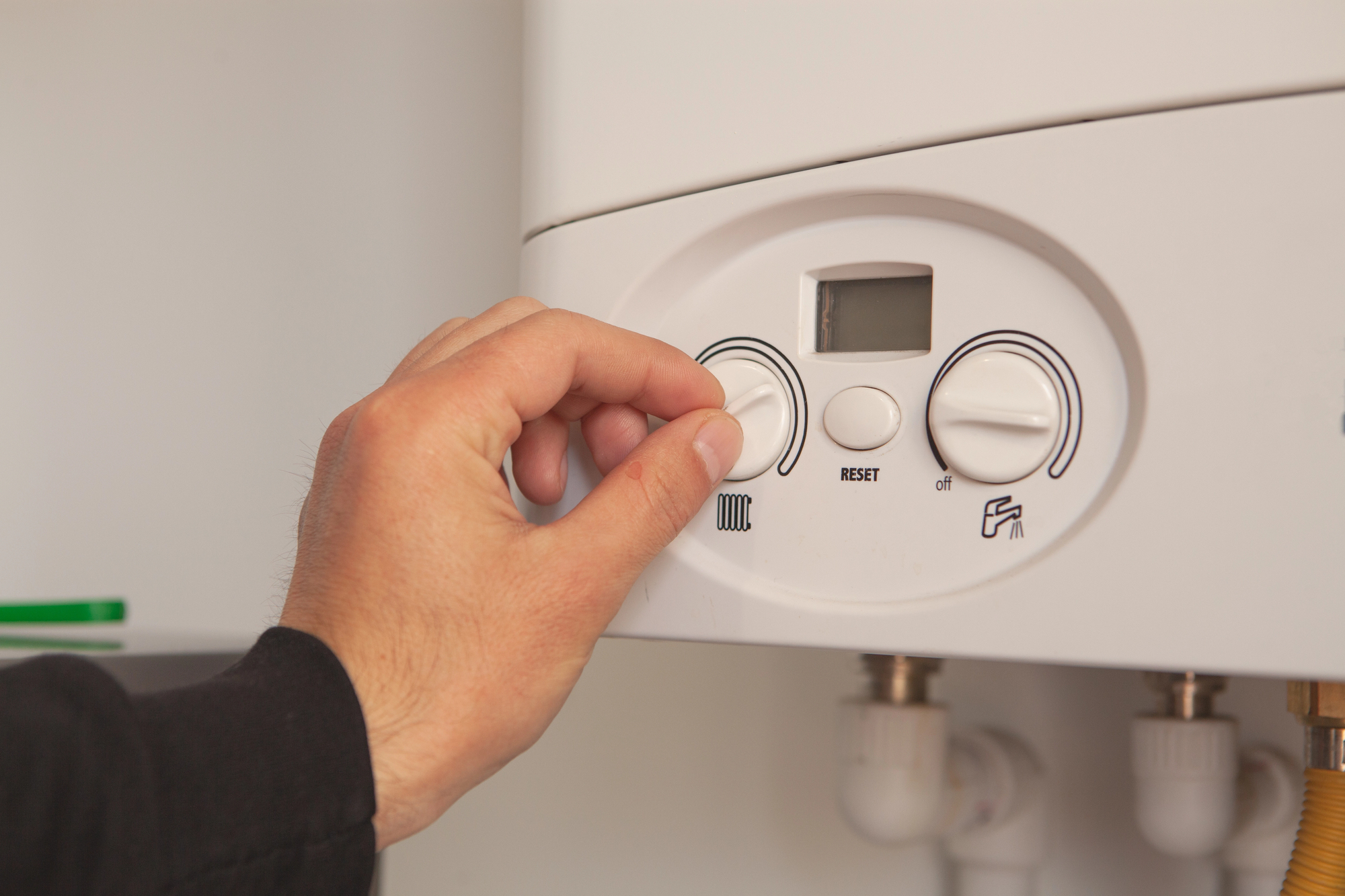
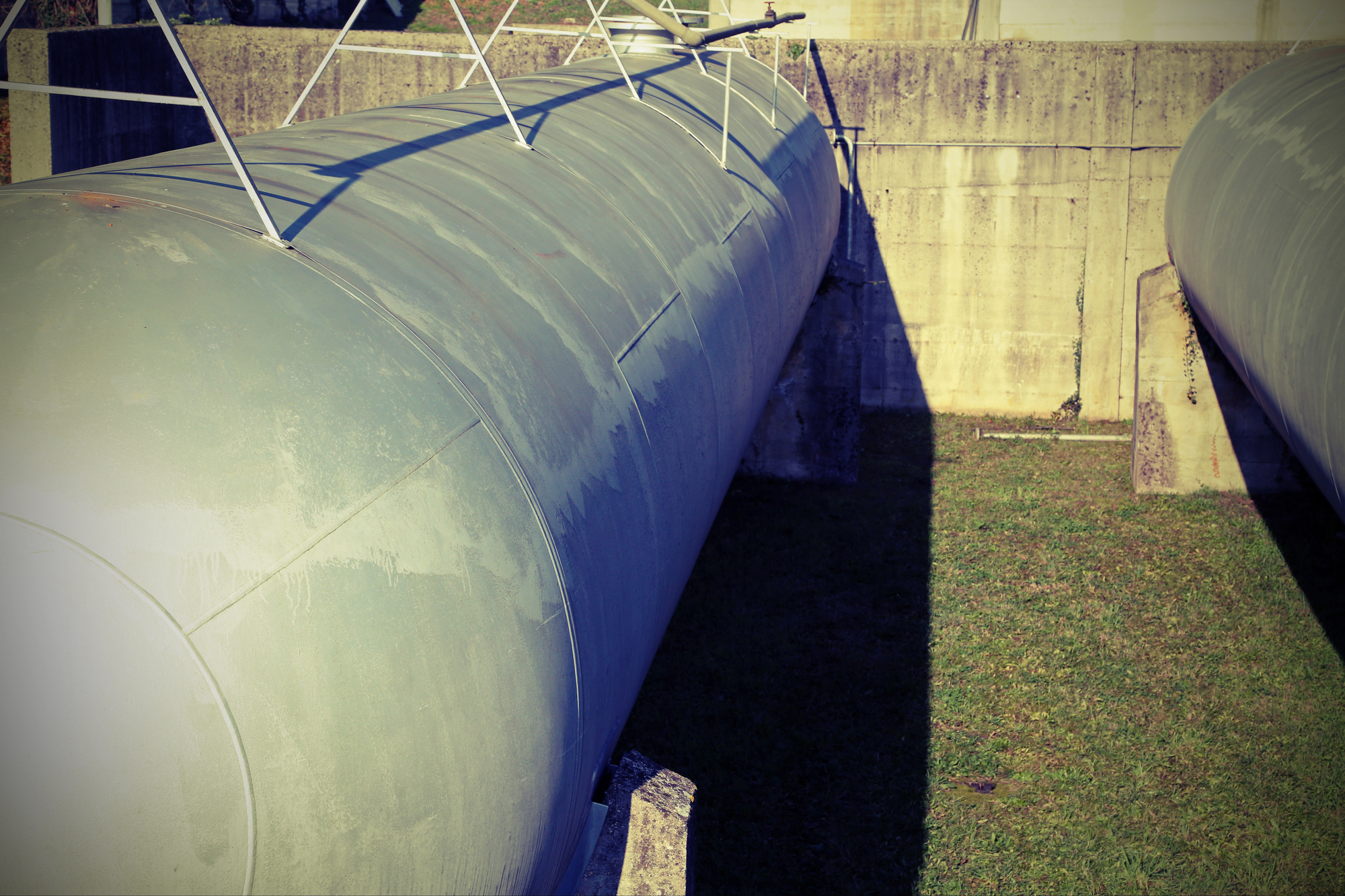


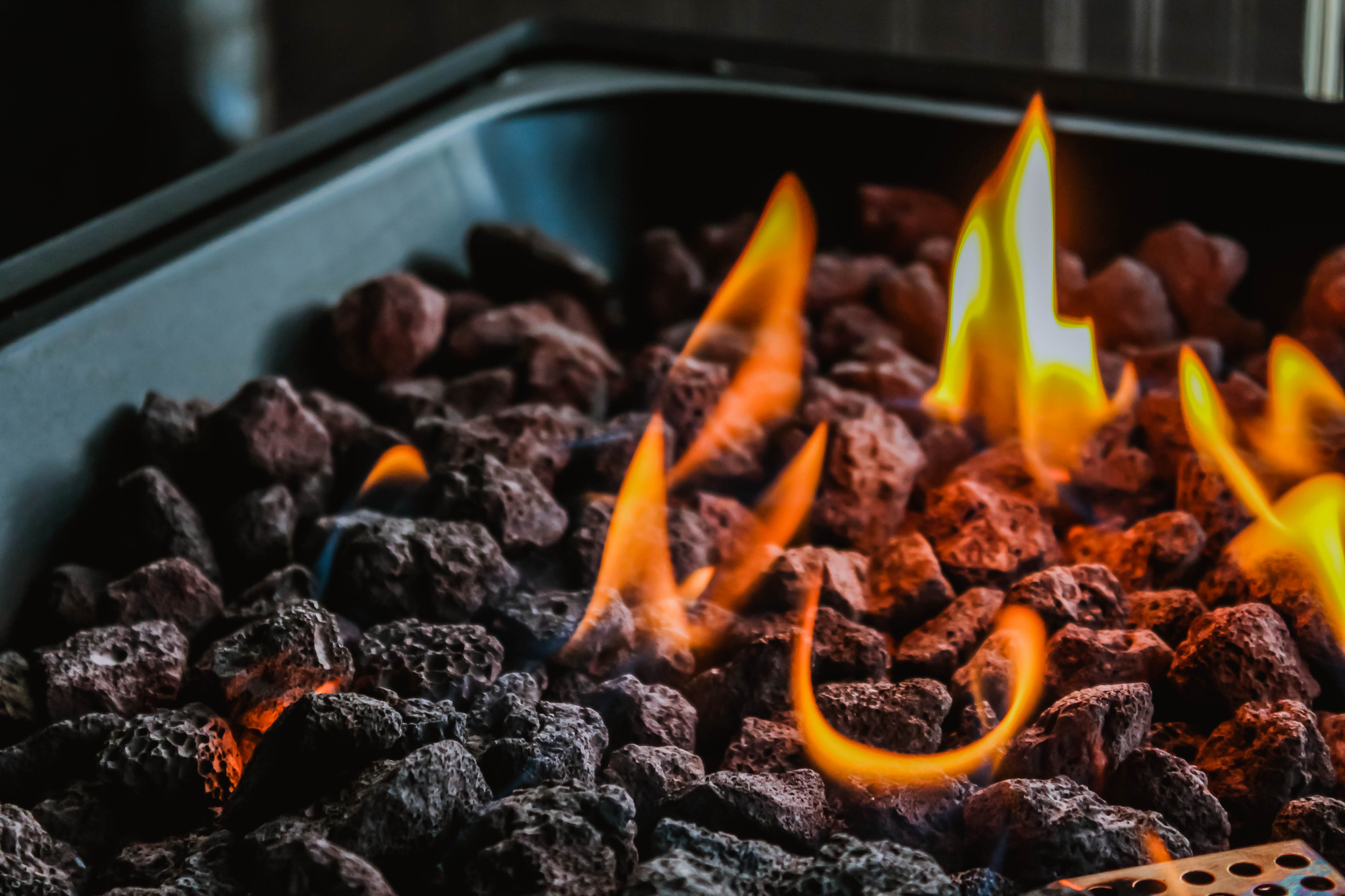
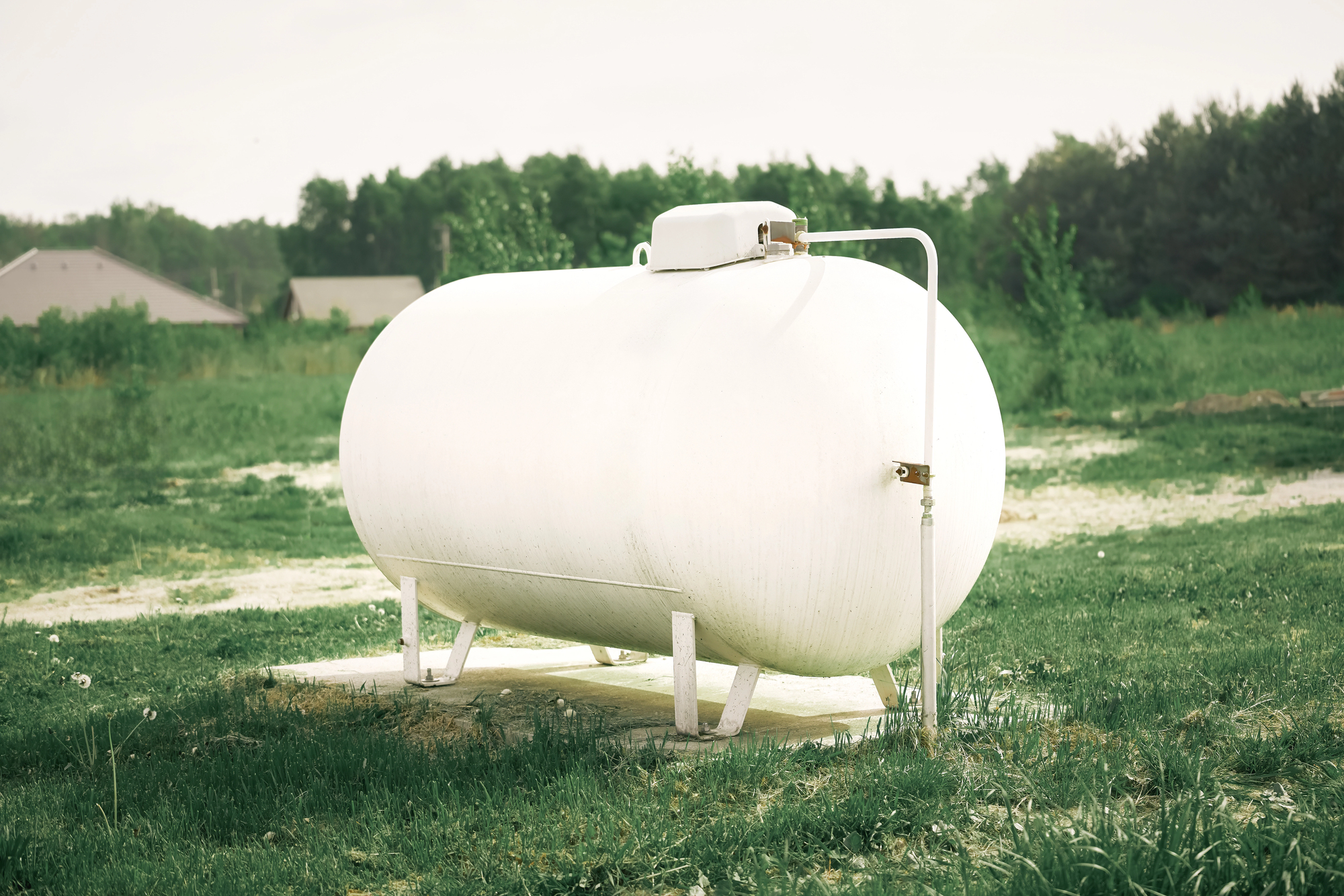
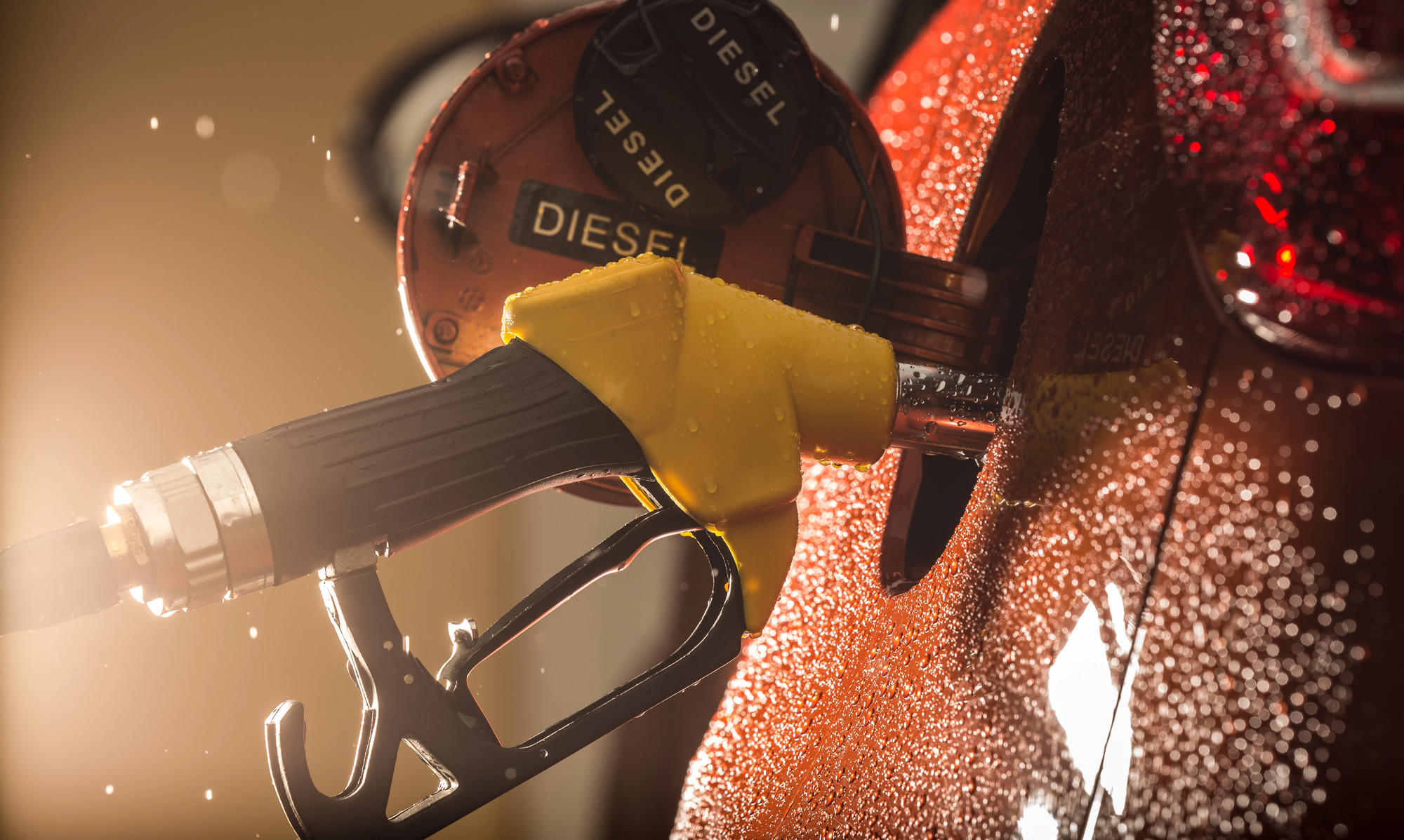
























Keeping your propane tank in good condition is crucial for safety and efficiency. Regular inspections help you spot potential problems before they become serious hazards. If you’re wondering how to inspect your propane tank for damage or wear, here’s a simple guide you can follow to ensure your tank stays safe and reliable.
Check the Exterior for Physical Damage
Start by looking closely at the outside of the tank. Look for dents, rust, or corrosion—especially around the seams and valves. Even small dents can weaken the tank’s structure over time.
Rust can eat away the metal, so it’s important to address it quickly. If you notice any bubbling paint or discoloration, that might be a sign of corrosion underneath.
Also, check the protective paint coating; peeling or flaking paint reduces protection against the elements.
Inspect the Valves and Connections
The valves are the heart of your propane tank’s safety system. Make sure they’re clean, free of dirt and debris, and that there are no signs of leaks.
You can do a simple leak test by brushing soapy water on the valve area—if bubbles form, you have a leak that needs immediate attention.
Check the connections between your tank and any hoses or appliances to ensure they’re tight and undamaged.
Look for Signs of Wear on Hoses and Regulators
Don’t forget to inspect any hoses or regulators connected to your propane tank. Look for cracks, brittleness, or signs of wear that could cause leaks.
If the hoses feel stiff or show any visible damage, it’s time to replace them. Regular maintenance of these parts is just as important as inspecting the tank itself.
Verify the Tank’s Certification and Age
Propane tanks are tested and certified to meet safety standards, but they don’t last forever.
Check the certification date stamped on the tank, usually on the collar or handle. Most tanks have a lifespan of about 12 years before they need to be re-certified or replaced.
If your tank is older or shows signs of damage, consult a professional to determine if it’s still safe to use.
Regular propane tank inspections don’t have to be complicated. By keeping an eye on physical damage, valves, hoses, and certification dates, you’ll help ensure your tank remains safe and reliable. If you’re ever unsure about the condition of your tank, don’t hesitate to call our professional team at Otte Oil & Propane for a thorough check.
